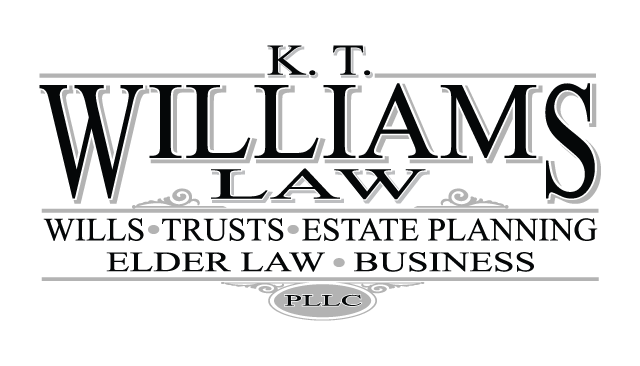VA PENSION RULES AFFECTING VETERANS AND THEIR FAMILIES: AID AND ATTENDANCE BENEFITS
On October 18, 2018, the Department of Veterans Affairs (VA) changed its old pension rules. The changes affect Veterans and Veteran’s families, including Aid and Attendance Benefits. The changes are quite comprehensive and impact net worth, asset transfers, penalty periods, medical expenses, and income deductions.
NET WORTH LIMITS
The new limit on net worth will equal the maximum community spouse resource allowance (CSRA) for Medicaid purposes. This number started at $123,600 in 2018 and increased to $127,061 in 2019.
Annual income is added to a claimant’s assets to come up with a total net worth number. A Veteran’s assets include the assets of the Veteran and the Veteran’s spouse. Assets are defined as “fair market value of all property that an individual owns, including all real and personal property”, unless otherwise excluded under other parts of the rule. Mortgages and liens reduce the value.
EXCLUDED “ASSETS”
The primary residence, whether lived in or not, remains excluded from the definition of assets, and if sold, the proceeds will not count if used to purchase another residence within the same calendar year as the sale. Personal mortgages on the primary residence will not reduce the value for the net worth calculation because the residence is excluded anyway. If the residential lot area exceeds 2 acres, then the value of the additional land in excess of 2 acres will be included in the asset calculation. Personal effects such as appliances and automobiles are excluded.
CALCULATING NET WORTH
An example provided in the VA rules states that if the claimant’s assets total $117,000 and annual income is $9,000, the net worth is $126,000. This amount exceeds the net worth limit ($123,600). Unless the net worth is decreased, the claimant wouldn’t qualify.
DECREASING NET WORTH
There are three ways net worth may decrease: (1) the assets decrease; (2) annual income decreases; or (3) both decrease. Assets decrease when they are spent and something of equivalent value is received in return, usually a service or excluded asset.
ASSET TRANSFERS AND PENALTY PERIODS
A “covered asset” is an asset that “was part of the claimant’s net worth, was transferred for less than fair market value, and if not transferred, would have caused or partially caused the claimant’s net worth to exceed the net worth limit…”. Therefore, only the amount transferred in excess of the net worth limit ($123,600) will be subject to a penalty. With regard to transfers to a trust, annuity or other financial instrument or investment, “uncompensated value” means the amount transferred.
LOOKBACK PERIOD
The lookback period for all transfers is 36 months immediately preceding the date the VA receives an original pension claim or a new pension claim after a period of non-entitlement. This definition does not include any transfers prior to October 18, 2018. VA will disregard asset transfers made before October 18, 2018.
ALLOWED TRANSFERS TO TRUST
A claimant may transfer assets to a trust established for the claimant’s disabled child if the child is incapable of self-support AND there is no circumstance where the trust assets can benefit the claimant.
CALCULATION OF THE PENALTY PERIOD
There is a 5-year limit on the penalty period. The penalty begins the first day of the month following the transfer. Entitlement to pension will begin the last day of the last penalty period month, with payment to begin the following month.
MEDICAL EXPENSES THAT MAY BE DEDUCTED FROM INCOME
Medical expenses for VA purposes are those that are “medically necessary; that improve a disabled individual’s functioning; or that prevent, slow, or ease an individual’s functional decline.”
1. Health care provider payments.
2. Medications, medical supplies, medical equipment, medical food, vitamins and supplements. Prescriptions and non-prescription medications.
3. Adaptive equipment. Along with adaptive services, payments for service animals are included under this section, including veterinary care.
4. Transportation expenses, as long as the transportation is for medical purposes.
5. Health insurance premiums. Payments for long-term care insurance premiums are included, as well as health insurance and Medicare premiums for parts B and D.
6. Smoking cessation products.
7. Institutional forms of care and in-home care. Hospital charges, nursing home charges, medical foster home charges and inpatient treatment centers are allowable expenses, including the cost of meals and lodging. Payment for in-home care to assist with ADLs (activities of daily living) and IADLs (instrumental activities of daily living) will be considered valid medical expenses as long as health care or custodial care is provided.
The major changes to VA’s pension rules will impact Veterans and their families for years to come. If special care isn’t taken to comply with the new requirements, the benefits will be in jeopardy. Contact us for sound legal guidance to understand what should be done to qualify for these important benefits.
